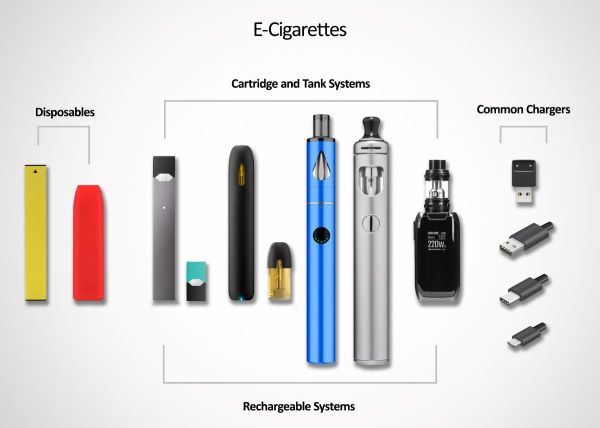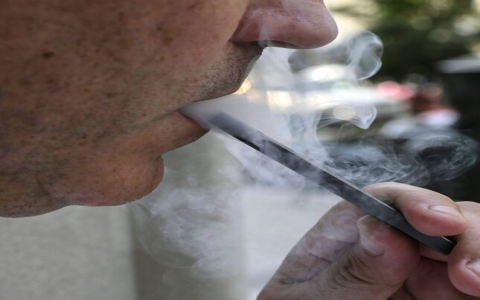The U.S. Food and Drug Administration (FDA) categorically classifies electronic cigarettes (e-cigarettes), including vapes, vape pens, and similar devices, as tobacco products. This classification is rooted in legal statute, not merely the presence of tobacco-derived nicotine.
Legal Basis: The Family Smoking Prevention and Tobacco Control Act
The FDA’s authority stems from the 2009 Family Smoking Prevention and Tobacco Control Act. This law defines any product “made or derived from tobacco” and intended for human consumption as a tobacco product. Crucially, in 2016, the FDA issued a “deeming rule” extending its regulatory authority to cover all tobacco products not previously subject to regulation, explicitly deeming e-cigarettes to be tobacco products.

Why E-Cigarettes Without Tobacco Leaf Are Still Regulated as Tobacco
Despite the common misconception:
- Nicotine source: E-cigarette nicotine is primarily synthesized or extracted from tobacco plants.
- Statutory definition: The law defines tobacco products based on derivation from tobacco, not solely on containing leaf material.
- Component or part: E-liquids, cartridges, and the devices themselves are considered components or parts of the finished tobacco product.
Therefore, even e-liquids containing synthetic nicotine, when intended for use in an e-cigarette device, fall under the FDA’s tobacco product regulations.
Regulatory Requirements
As deemed tobacco products, manufacturers of e-cigarettes must comply with key FDA regulations, including:
- Registering manufacturing establishments and listing products with the FDA.
- Reporting product ingredients.
- Submitting premarket applications (like Premarket Tobacco Applications – PMTA) and receiving marketing authorization for new products.
- Including required warning labels on packages and advertisements.
- Not selling to minors under 21.
Enforcement Context
The FDA’s Center for Tobacco Products (CTP) actively enforces these regulations against e-cigarette manufacturers, importers, distributors, and retailers who fail to comply with the rules applicable to deemed tobacco products. Violations can lead to warning letters, fines, seizures, and injunctions.










